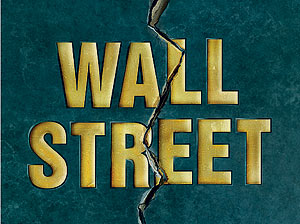Economy In Recession: The Cost Of Allowing Lehman Brothers to Fail
The failure of Lehman Brothers is seen as the last straw that broke the credit market. The financial markets have been in a state of complete disarray ever since the U.S. Government allowed Lehman Brothers to file for bankruptcy on September 15th 2008 instead of intervening to save it, as it did with Bear Sterns […]
Economy In Recession: The Cost Of Allowing Lehman Brothers to Fail Read More 👉










